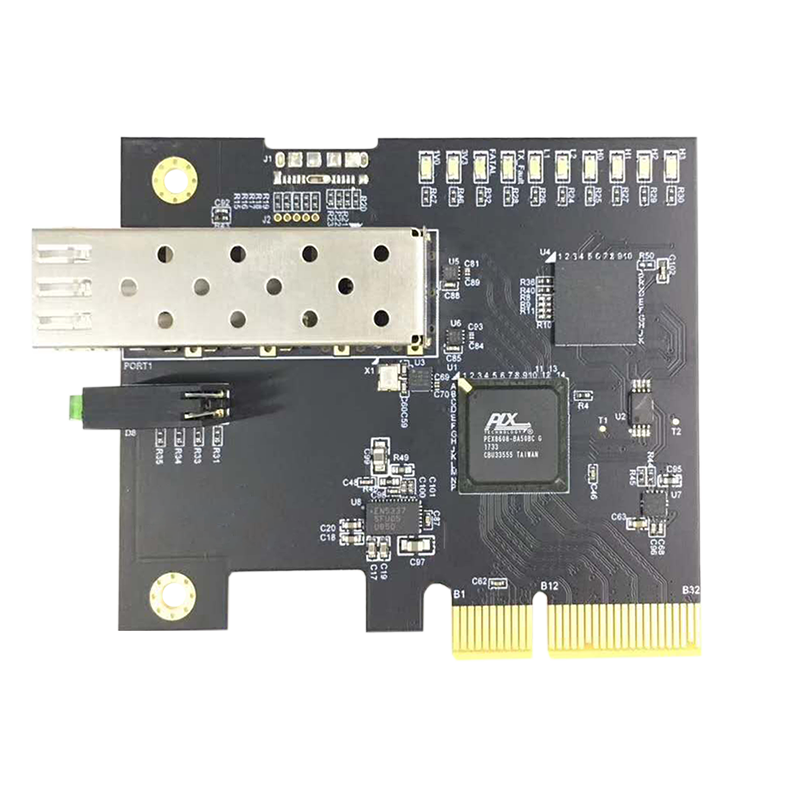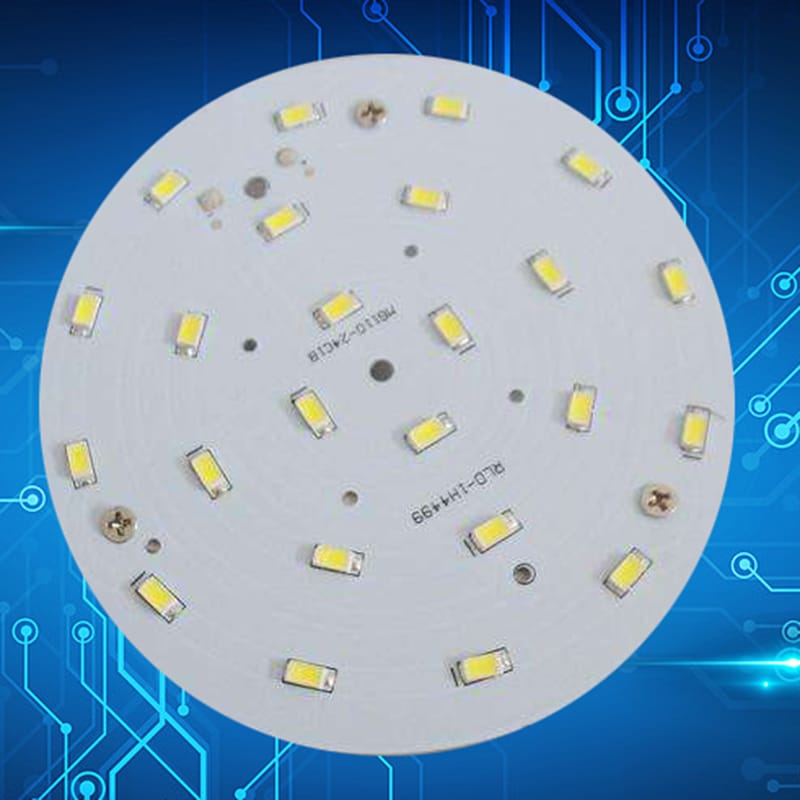President Joe Biden recently issued a “presidential determination” that prioritizes the domestic development of printed circuit boards (PCBs) under the Defense Production Act (DPA).
Translation: It is now a tenet of U.S. policy that manufacturing more of the building blocks of modern electronics in the United States is essential to America’s economic and national security. Printed Electronic Circuit

Most people take our modern electronic wonders – from smartphones to medical monitors to jet fighters and radar – for granted. We don’t think about where these products come from, or what goes into making them.
But the supply chain crisis spawned by the COVID pandemic was a wake-up call. Suddenly, leaders of business and government realized we didn’t have enough domestic capacity to supply all the semiconductor chips needed to power America’s electronics-based economy.
That is why Congress last year enacted – and President Biden signed – the CHIPS and Science Act, which authorized the funding to implement the CHIPS Act of 2021 and expand U.S. output of semiconductor chips.
Now leaders of business and government are beginning to realize that merely producing more chips is not enough. Semiconductors are modern wonders, but they are useless without PCBs and the rest of the electronics system. No one buys just chips; they buy components and systems that contain chips. And unfortunately, the United States is even more dependent on overseas suppliers for these related components than they are for semiconductor chips.
Fortunately, the Biden administration appears to get it, and there are signs of hope in Congress as well.
For example, in launching the first round of funding under the CHIPS for America program, Commerce Secretary Gina Raimondo announced the U.S. will develop multiple high-volume “advanced packaging” facilities and become a global leader in chip packaging technologies.
The week before that, Raimondo confirmedthat some of the CHIPS Act funding will go to “smaller firms,” including “circuit-board companies.”
Also, the administration’s year-long assessment of the ICT supply chainhighlighted the importance of PCB fabrication and recommended that the Defense Production Act be used to bolster the strength of U.S. PCB manufacturers.
Most recently, Reps. Blake Moore (R-UT) and Anna Eshoo (D-CA) reintroduced the Protecting Circuit Boards and Substrates Act, which would incentivize purchases of domestically produced PCBs and spur industry investments in factories, equipment, workforce training, and research and development.
The next step is for Congress to appropriate $100 million in FY 2024 to implement the president’s DPA determination and boost domestic production of advanced PCBs and related materials. In tandem, as Secretary Raimondo has urged, a significant chunk of CHIPS Act funding should be earmarked for the advanced packaging and PCB segments of the supply chain.
The U.S. Government is beginning to get on the right track on this issue, although it is still in the early stages of the program. Leaders in Congress and the Executive Branch must ensure the follow through.
The funding and leadership for a comprehensive, “Silicon-to-Systems” approach must not fall victim to partisan political battles. The United States’ economic and national security is at stake.

Printed Circuit Board Supplier John W. Mitchell is President and CEO of IPC, the electronics manufacturing association.